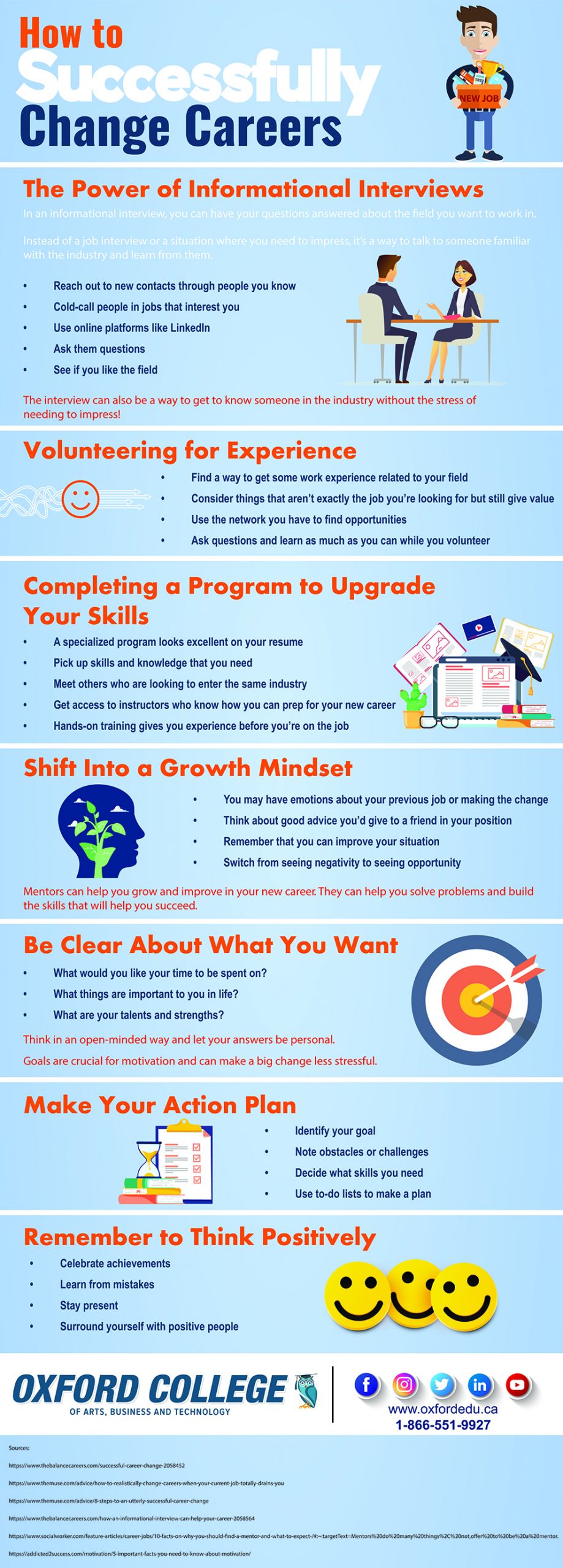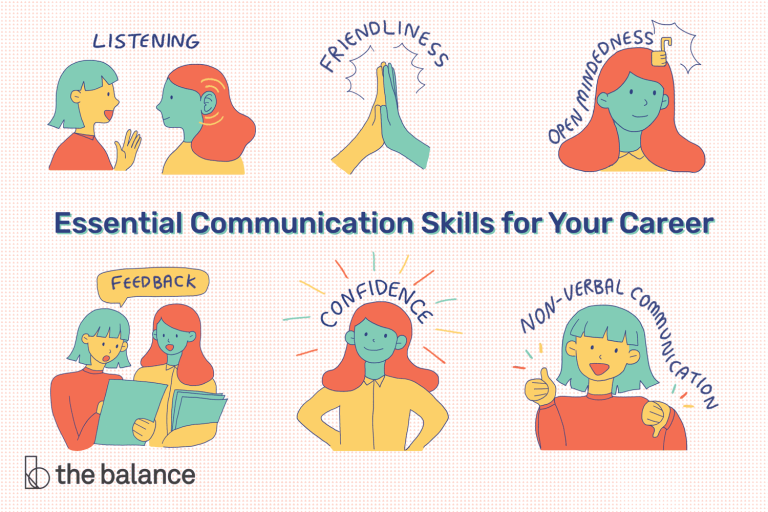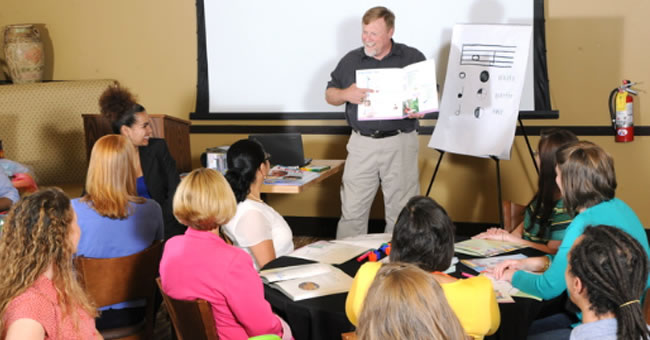How to Find a New Career Successfully: Proven Strategies and Tips
Finding a new career can feel overwhelming. But with the right steps, it’s possible.
Switching careers is more common than you might think. Many people seek new opportunities for growth or fulfillment. Whether you’re unhappy in your current role or just ready for a change, a new career could be the answer. This guide will help you navigate the process.
From assessing your skills to exploring new industries, you’ll find clear, actionable steps. Changing careers doesn’t have to be stressful. With the right approach, you can find a path that’s both rewarding and suited to your talents. Ready to start your journey? Let’s dive in and explore how you can find a new career successfully.

Credit: www.amazon.com
Self-assessment
Finding a new career can be exciting and challenging. One key step is self-assessment. It helps you understand your strengths, values, and what you want in a job. This step is vital for making informed decisions about your career path.
Identify Strengths
Recognize what you are good at. Consider your skills and talents. Think about tasks you enjoy and excel at. These could be things you do in your current job or hobbies. Write them down. This list will help you see patterns in your strengths.
Ask friends and colleagues for feedback. They can provide insights you might not see. Use online tools and quizzes to discover hidden talents. Knowing your strengths helps you choose a career that suits you.
Clarify Values
Values play a big role in job satisfaction. Reflect on what matters most to you. Is it work-life balance, job security, or helping others? Understanding your values helps you find a career that aligns with your personal beliefs.
List your top values. Rank them in order of importance. This helps you see what you can and cannot compromise on in a job. Matching your values with your career choice ensures long-term happiness and fulfillment.
Research Careers
Finding a new career starts with thorough research. Knowing what you want is important, but understanding the job market is key. Researching careers can help you make better decisions. It can also save you time and effort.
Explore Industries
First, explore different industries. Each industry offers unique opportunities and challenges. Make a list of industries that interest you. Consider your skills and passions. For instance, if you love technology, you might explore the IT industry.
Visit industry websites and read news articles. Follow industry leaders on social media. This will give you an idea of trends and demands. Take note of the required skills. This will help you understand if you need further training.
Read Job Descriptions
Next, read job descriptions. Start with job titles that interest you. Carefully read the responsibilities and requirements. This helps you understand what employers seek. It also helps you identify common skills across different jobs.
Job descriptions often list preferred qualifications. This can include education, experience, and skills. Note these qualifications. They will guide you in preparing for your new career. You might discover that you need to acquire new skills.
Additionally, job descriptions can help you understand the work environment. Some jobs might require travel or remote work. Knowing this in advance helps you decide if the job suits your lifestyle.
Networking
Networking is a vital part of finding a new career. It can open doors to opportunities and give you a competitive edge. Building strong connections can lead to job referrals and valuable advice. Let’s explore some effective ways to network.
Attend Events
Attending industry events is a great way to meet professionals in your field. It allows you to make face-to-face connections and leave a lasting impression.
- Job fairs
- Industry conferences
- Workshops and seminars
Prepare a short introduction about yourself. Be ready to talk about your skills and career goals. Bring business cards and follow up with people you meet.
| Event Type | Benefits |
|---|---|
| Job Fairs | Meet multiple employers at once |
| Conferences | Learn about industry trends |
| Workshops | Gain new skills and insights |
Leverage Online Platforms
Online platforms are powerful tools for networking. They help you connect with professionals globally.
LinkedIn is the most popular platform for professional networking. Create a complete profile and join industry groups. Engage with others by commenting on posts and sharing valuable content.
- Create a strong LinkedIn profile
- Join relevant groups
- Engage with content
Twitter is also useful for networking. Follow industry leaders and participate in Twitter chats. Use hashtags to find relevant conversations.
Building a personal website can showcase your work and attract connections. Include a blog to share your thoughts and expertise.
By attending events and leveraging online platforms, you can build a strong network. This network will support your career journey and provide valuable opportunities.

Credit: www.oxfordedu.ca
Skill Development
Skill development plays a crucial role in finding a new career. Equipping yourself with the right skills can open many doors. It can make you stand out in a competitive job market. Here are some ways to develop your skills effectively.
Pursue Education
Education can help you gain the knowledge needed for a new career. Consider enrolling in relevant courses or programs. Online platforms like Coursera and Udemy offer many options. Community colleges provide affordable classes too. Learning new subjects can boost your resume. It shows employers you are committed to growth. This can be a significant advantage.
Gain Experience
Experience is just as important as education. Volunteering can offer valuable opportunities. Internships provide hands-on experience in your chosen field. Freelancing can also build your portfolio. Real-world experience can teach you industry-specific skills. It helps you understand the practical aspects of your chosen career. This makes you a more attractive candidate to employers.

Credit: careerresumes.com
Frequently Asked Questions
How Do I Identify My Career Interests?
Start by listing hobbies and skills. Research jobs that align. Consider volunteer work or internships.
What Resources Can Help In Job Searching?
Use job boards, company websites, and social media. Network with professionals. Attend career fairs and workshops.
How Can I Improve My Resume For A Career Change?
Highlight transferable skills. Tailor your resume to the job. Include relevant experience and achievements.
Conclusion
Finding a new career takes time and effort. Stay patient and focused. Research thoroughly. Network actively. Tailor your resume and cover letter. Practice your interview skills. Keep learning new skills. Never lose hope. Success is within reach. Keep moving forward.
Your dream job is out there.



